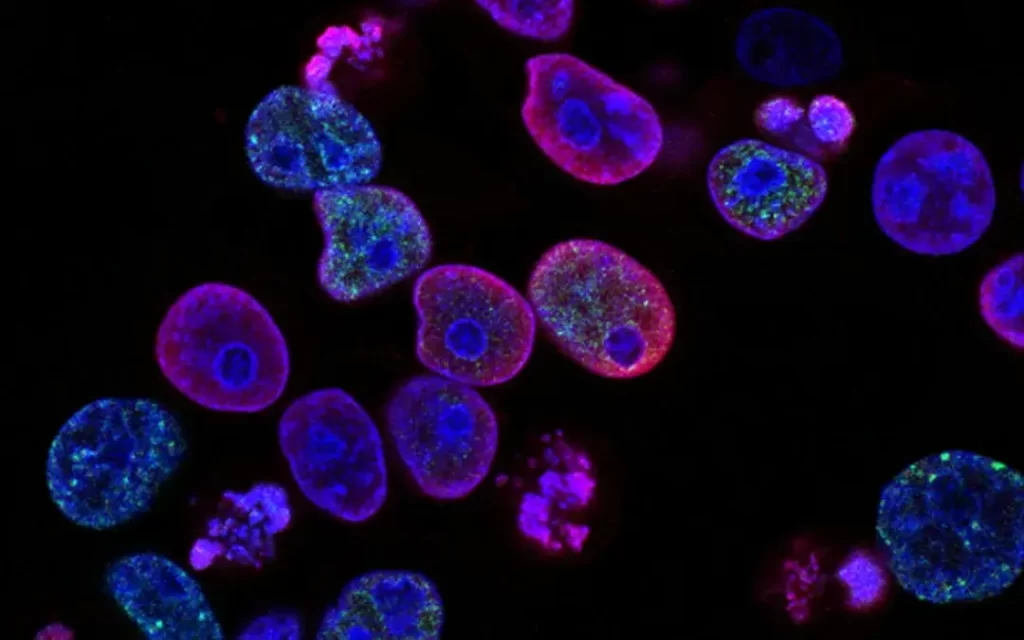Methylation: The Epigenetic Key to Gene Regulation and Health
Methylation is a crucial process in many biochemical reactions throughout the body, including the metabolism of various compounds, gene expression, neurotransmitter synthesis, and detoxification processes. It plays a vital role in maintaining overall health and proper functioning of the body.
When we talk about the body “methylating” a vitamin, we are referring to a specific chemical process called methylation. Methylation involves the addition of a methyl group (-CH3) to a molecule, which can alter its structure and function.
In the context of vitamins, methylation often refers to the addition of a methyl group to a specific form of a vitamin to activate or convert it into its active form that the body can utilize. This process is important because some vitamins are initially present in a less biologically active or less bioavailable form and need to undergo methylation to become fully functional.
For example, one well-known example of vitamin methylation is the conversion of folic acid, the synthetic form of folate (vitamin B9), into its active form called methyl folate or 5-MTHF. Folic acid, which is commonly found in fortified foods and supplements, requires a series of enzymatic reactions that involve methylation to be converted into methyl folate, the form that can be easily absorbed and utilized by the body for various important processes, including DNA synthesis, cell division, and methylation reactions.
The ability to methylate vitamins efficiently is influenced by genetic factors and individual variations in enzyme activity. Some individuals may have genetic variations that affect their ability to convert certain forms of vitamins into their active forms through methylation. For example, in the case of folic acid (vitamin B9), certain genetic variations can impair the conversion of folic acid into its active form, methyl folate. This can result in reduced bioavailability and utilization of folic acid in the body. Similarly, variations in other enzymes involved in the methylation process can impact the activation and utilization of vitamins. These individual differences highlight the importance of personalized approaches to nutrition and supplementation, considering genetic factors and considering alternative forms or sources of vitamins that are more readily utilized by the body.
It’s important to note that the relationship between race, DNA methylation, and health outcomes is complex and multifactorial. Race is a social construct that does not directly reflect genetic differences between individuals or populations. Genetic diversity within racial or ethnic groups can be significant, and individual variation plays a crucial role in methylation patterns and health outcomes.
Not all vitamins require methylation for activation or utilization. Many vitamins are already present in their active forms when obtained from dietary sources, and they can be readily absorbed and utilized by the body without the need for further chemical modifications.
Overall, when we refer to the body methylating a vitamin, we are describing the process of converting an inactive or less bioavailable form of a vitamin into its active form through the addition of a methyl group. This process ensures that the vitamin can be effectively utilized by the body for various physiological functions.
Take the first step toward providing your loved one with the exceptional care they deserve. Contact us today at (936)596-3083 to schedule a personalized tour and learn more about our memory care and assisted living services. Our friendly team is ready to answer your questions and guide you through the process of finding the perfect caregiver at Woodlands Memory Care & Assisted Living. Together, we can create a supportive and nurturing environment where individuals with memory issues can thrive and lead fulfilling lives.





